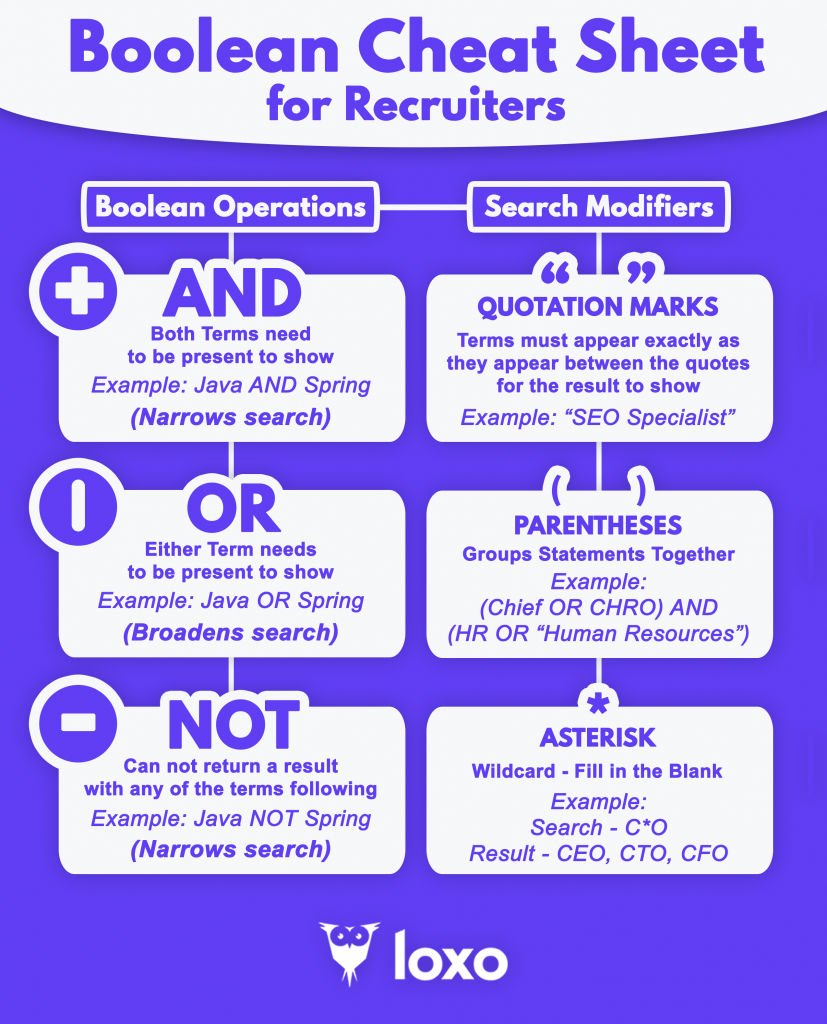
To use the NEAR operator, you must place it between your keywords or phrases. The NEAR operator is similar to the proximity operator except it works for keywords and phrases. ❗️This Operator doesn't work with Twitter Historical Data. This will fetch mentions when the posting states combinations of : Mention will fetch your search phrases when they appear between 1 to 6 words of each other. This operator works with search phrases and will apply a proximity limitation to your phrase. ❗️ Please be careful when using this operator as it will limit data! If a search term in your AND NOT list appears in the web posting, then Mention will not fetch it.Įxamples below of the operator in your search: NASA AND NOT SpaceX The AND NOT operator will exclude keywords, phrases, or other operators from the search completely. If the parenthesis are not placed correctly, you will run into an error: NASA AND Space OR Moon ❌ ❗️Be careful with using AND and OR in the same group. > Due to the parenthesis and OR operator, there are 2 searches happening here >Only one of these needs to appear for Mention to fetch it (NASA AND Space) OR (Moon AND Astronaut) Here are some examples: NASA OR "n.a.s.a" OR ""
Boolean search operators google full#
It is useful in separating keywords or full searches. The OR operator will keep your search terms separated in your query. NASA AND lang:EN -> NASA is required and the mention must be in English NASA AND space AND moon -> All terms need to appear in a mention Here are some examples: NASA AND space -> Mentions from the web need to include both terms The AND operator will also be utilized in conjunction with non-autonomous operators such as the country, language, and source operators to name a few. The AND operator will fetch mentions that contain all of the keywords linked together. The full list of boolean operators is listed below: This operator states that your search should bring in Mentions for NASA from sources in the United States or in France.īoolean operators act as tools to provide your keyword configurations with specific filters to fetch accurate results. Here is an example with the country operator: This configuration tells the Mention system that you want Mentions for:įinally, parenthesis will be helpful when using specific operators as well. Outside of that, there is a a language filter operator. In this example, the main keyword search of Oasis, NASA, and Rover is enclosed with a second set of parenthesis. Take this example below with the language operator: You can utilize parenthesis to apply operators to your entire search or parts of your search as well. Mention will work to fetch both separately. This search signifies to Mention that you want to fetch content that includes: Here is an example of parenthesis creating multiple searches:

The use of parenthesis will help the Mention system understand your search needs and combinations of keywords. In order to create an organized and clear alert search, you will have to use parentheses to separate groups of keywords. 👉 Learn more about Mention's keyword search rules. ❗ When you include a URL as a phrase, your alert will search for mentions that include the URL as a backlink: "" For instance, the second example will return mentions containing “I’m a phrase”, but also “I’m a phrase”. ❗ Mentions are fetched even if the spaces are longer. Remember, you have the option of adding accent marks and other special characters! Single Term -> Goodbye Here are some example of searches using one term or phrases.

Your query will return in an error message if you do not properly enclose these search terms. ➡️If your keyword is a phrase or has a special character, please enclose it in quotations. ➡️If your keyword is made of one plain word, you can write it directly into the query. The first character can also be # or if you want to search for hashtags or handles. Parentheses, to differentiate your logical groups.īoolean Operators, to associate them in the right way.Ī keyword can contain letters, digits or underscores. Through our Advanced Alerts, the Boolean Query enables you to enhance the quality of your results and to monitor more precisely the topics that matter to you.Īdvanced Alertsgive you the option to associate your keywords the way you want to create the perfect query and reduce potential noise.ģ elements are necessary to build an Advanced Alert query:


 0 kommentar(er)
0 kommentar(er)
